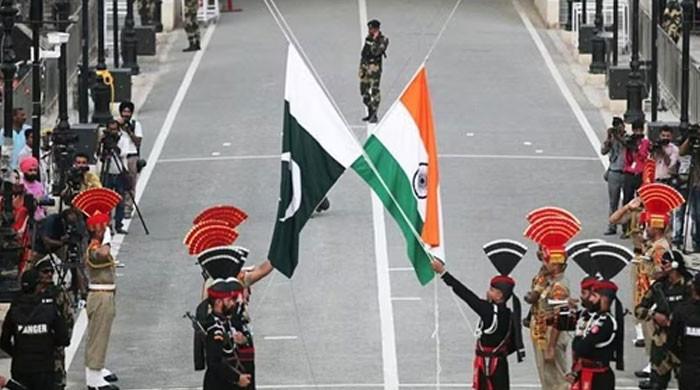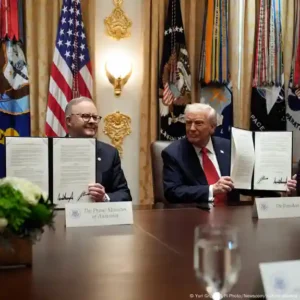India has suspended the Indus Waters Treaty with Pakistan, a major water-sharing agreement brokered by the World Bank. The move came on April 23, within a day of a deadly shooting in Pahalgam, in the Indian-administered part of Kashmir, marking the first time the treaty has been paused since the pact’s inception in 1960. In response, Pakistan stated that an attempt to stop the flow of water would be considered an “act of war”. Tensions mounted between the two nuclear-armed nations in the following weeks, breaking out into four days of fighting, before quelling again with a ceasefire mediated by the U.S. announced on Saturday, with both nations pulling back from the brink.
Water resources are an important part of the equation right now between the two countries. The Indus Waters Treaty (IWT) divides the six main rivers of the Indus basin between the two nations, with the three westerly rivers — Indus, Jhelum and Chenab — supplying Pakistan with water, while the three easterly ones — Ravi, Beas and Sutlej — feed India.
According to reporting by ABC, in addition to the suspension of the Indus Waters Treaty, India has also fast-tracked the construction of four new hydropower projects on rivers flowing into Pakistan and refused to share data on river flows with Islamabad. David Michel, Senior Fellow for the Global Food and Water Security Program at the Center for Strategic and International Studies, explains in an analysis that while India cannot completely stop the water flow to Pakistan in the near term due to its current infrastructure, it can stop the flow of information to its neighbor. He explains:
Meta discription
Hydropower Under Threat in Pakistan’s Water Crisis after India has suspended India water treaty.








